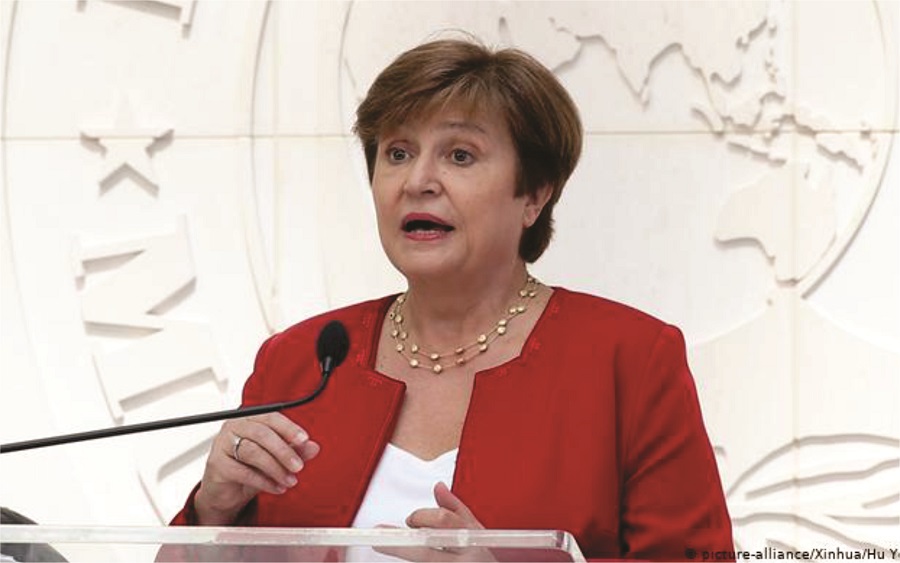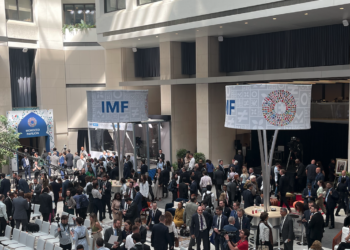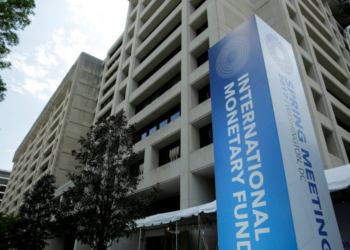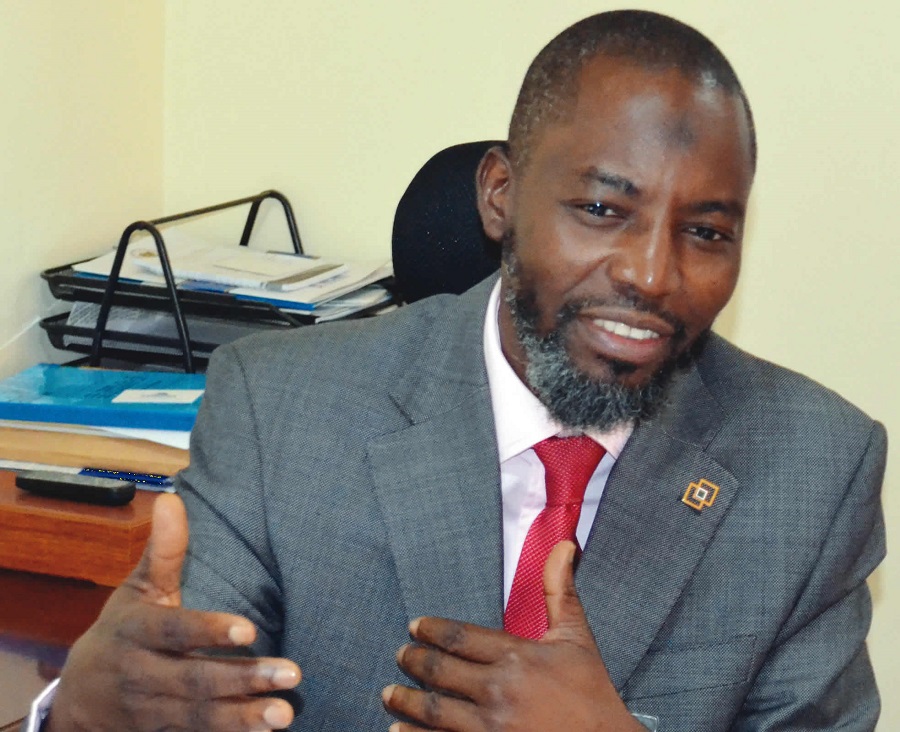The International Monetary Fund (IMF) has urged the removal of fuel subsidies and official exchange rates by Nigeria’s fiscal and monetary authorities.
The Executive Board’s conclusion of the Article IV consultation with Nigeria, which was released yesterday, reflected the organization’s perspective.
On January 24, the federal government announced that it will postpone its plan to eliminate fuel subsidies this year. It also proposed extending the implementation term for subsidy withdrawal by 18 months, stating that it will work with legislators to alter the Petroleum Industry Act.
Furthermore, the Central Bank of Nigeria has maintained an official exchange rate of around $1/N415, while the parallel market reflects an exchange rate of around $1/570.
The IMF has seen these policies as ineffective and advised the government to drop them to propel growth.
What the IMF is saying
According to the Fund’s statement on the report, “Directors also urged the removal of untargeted fuel subsidies, with compensatory measures for the poor and transparent use of saved resources.”
IMF advised the CBN to unify the exchange rate by abandoning the official exchange rate in favour of the parrel market.
“Directors welcomed the removal of the official exchange rate and recommended further measures towards a unified and market-clearing exchange rate to help strengthen Nigeria’s external position, taking advantage of the current favourable conditions. They noted that exchange rate reforms should be accompanied by macroeconomic policies to contain inflation, structural reforms to improve transparency and governance, and clear communications regarding exchange rate policy,” it stated.
Directors decided that a supportive monetary policy would be appropriate in the short term, with continuing vigilance against inflation and balance-of-payments issues.
“They encouraged the authorities to stand ready to adjust the monetary stance if inflationary pressures increase. Directors recommended strengthening the monetary operational framework over the medium term—focusing on the primacy of price stability—and scaling back the central bank’s quasi-fiscal operations,” it added.






















The great IMF and their umbrella economic recommendations. What baffles me is that over the years, the IMF has seen that deep seated corruption, indiscipline and impunity by African leaders would never allow these countries to reap the benefits of some of these recommendations, yet they continue to give them. Maybe it’s time for the IMF to adjust their policies with regard to corrupt countries like Nigeria which may include but not limited to appointing their own personnel to run the economies of qualifying countries heavily indebted to the Fund for a stipulated number of years, to ensure the attainment of the economic paradise their recommendations promised.
Don’t mind IMF, they are key to the rot in our economy. They are always misleading empty headed Nigerian leaders and so-called indigenous economists.